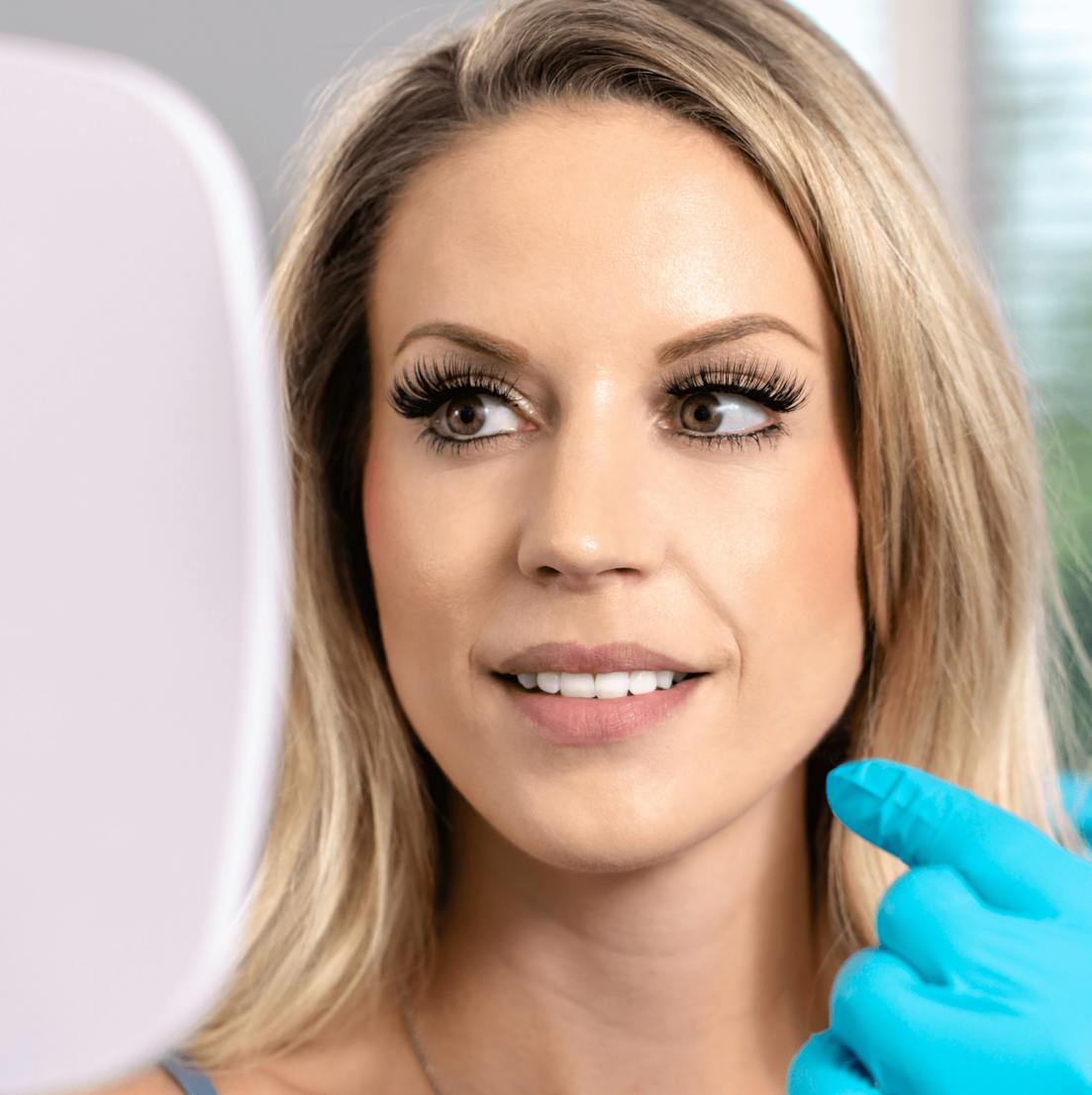Begin your journey.
Your journey to a happier, more confident life starts with a private, in-depth consultation with your surgeon, where we learn about you and your vision and goals. Discover San Antonio’s premier clinic for plastic surgery.
On the day of your pre-operative appointment, we will review your procedure in detail and go over the surgical plan with you. We will also address any questions and concerns you may have. Please read over the procedure consent before this appointment and have any questions ready so we can discuss them.
During your pre-operative visit, we will provide you with all the after-care instructions as well as necessary medication prescriptions. You will also be provided with a post-operative appointment for follow-up after your surgery.

On the day of surgery, your plastic surgeon will meet you in the pre-operative area to go over any last-minute questions or concerns you may have. Your plastic surgeon will make some preoperative markings and perform extensive checks with careful attention to detail to ensure high-quality care and safety. You will then meet the anesthesiologist and their team, as well as the members of our plastic surgery operative team.
During your procedure, our surgeons will be paying attention to every detail to achieve the best possible results. Your family will be updated on your status periodically and will be able to talk with the plastic surgeon in person after the procedure is completed. The incisions will be placed in a dressing or a compression bandage. Instructions on how to care for these will be given to you in your preoperative paperwork.

Your journey to a happier, more confident life starts with a private, in-depth consultation with your surgeon, where we learn about you and your vision and goals. Discover San Antonio’s premier clinic for plastic surgery.

© Hill Country Plastic Surgery. All Rights Reserved.